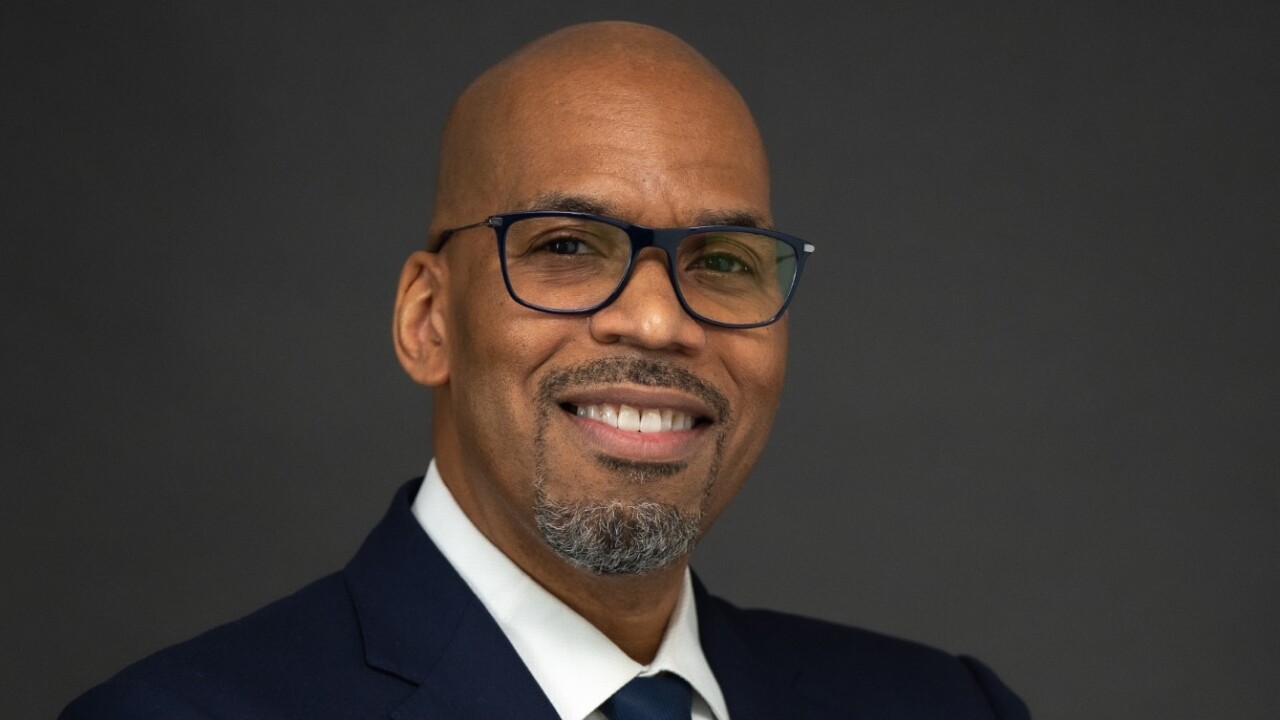CLIENTS DON'T TELL FINANCIAL ADVISORS THEIR SECRETS
St. Paul, Minn. -- Nearly a third of consumers who work with financial advisors confess that they have not told their advisors critical information that could affect their finances, according to a new survey by Securian Financial Group, which found that 29 percent of the 720 consumers it polled admitted that they haven't told their advisors about everything that could have an impact on their finances.
According to Securian's report, "Client secrets: What people don't tell their financial advisors," 52 percent of those with secrets said the information is too personal to share. Another 45 percent said their secrets are outside of their financial strategies and don't need to be shared. These responses may suggest a lack of education about the benefits of holistic planning and a need to raise awareness about the financial risks associated with not sharing these matters. One fifth of those polled said their secrets are too embarrassing to reveal.
Some people may hold back because they don't want to hear what their advisors would say if they had the full picture. About 25 percent of the respondents to the poll said they carry debt their advisors do not know about. When asked what changes their advisors would probably recommend to them, 50 percent of the survey respondents said it would be to increase savings or reduce spending, while 25 percent said their advisors would want them to create new financial plans. Forty-eight percent of all the respondents said that trust is the most important aspect of their advisor relationships. Forty-three percent said they discuss other personal issues with their advisors. Of the 29 percent who withhold critical information, only 11 percent said it's because of a lack of trust.
A sizable portion of those who withhold critical financial information from their advisors appear - demographically at least -- to fall in many advisors' target markets: Nearly one third are pre-retirees and retirees. Two thirds are 40 and older. One fifth are affluent, with $150,000 or more in annual household income, or mass affluent, with $100,000 to $149,000 in income. Among those who are employed, two thirds are in professional or managerial careers.





